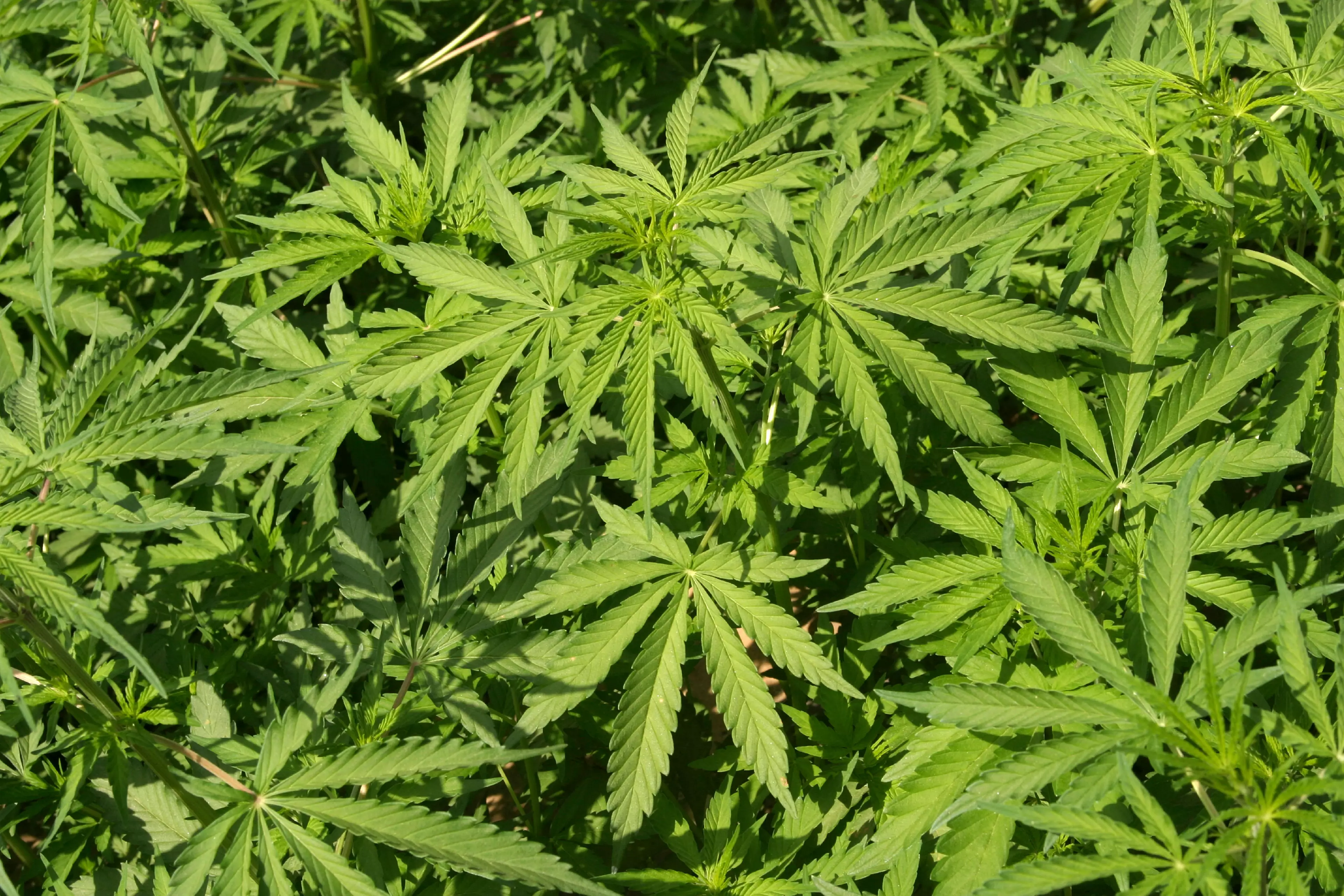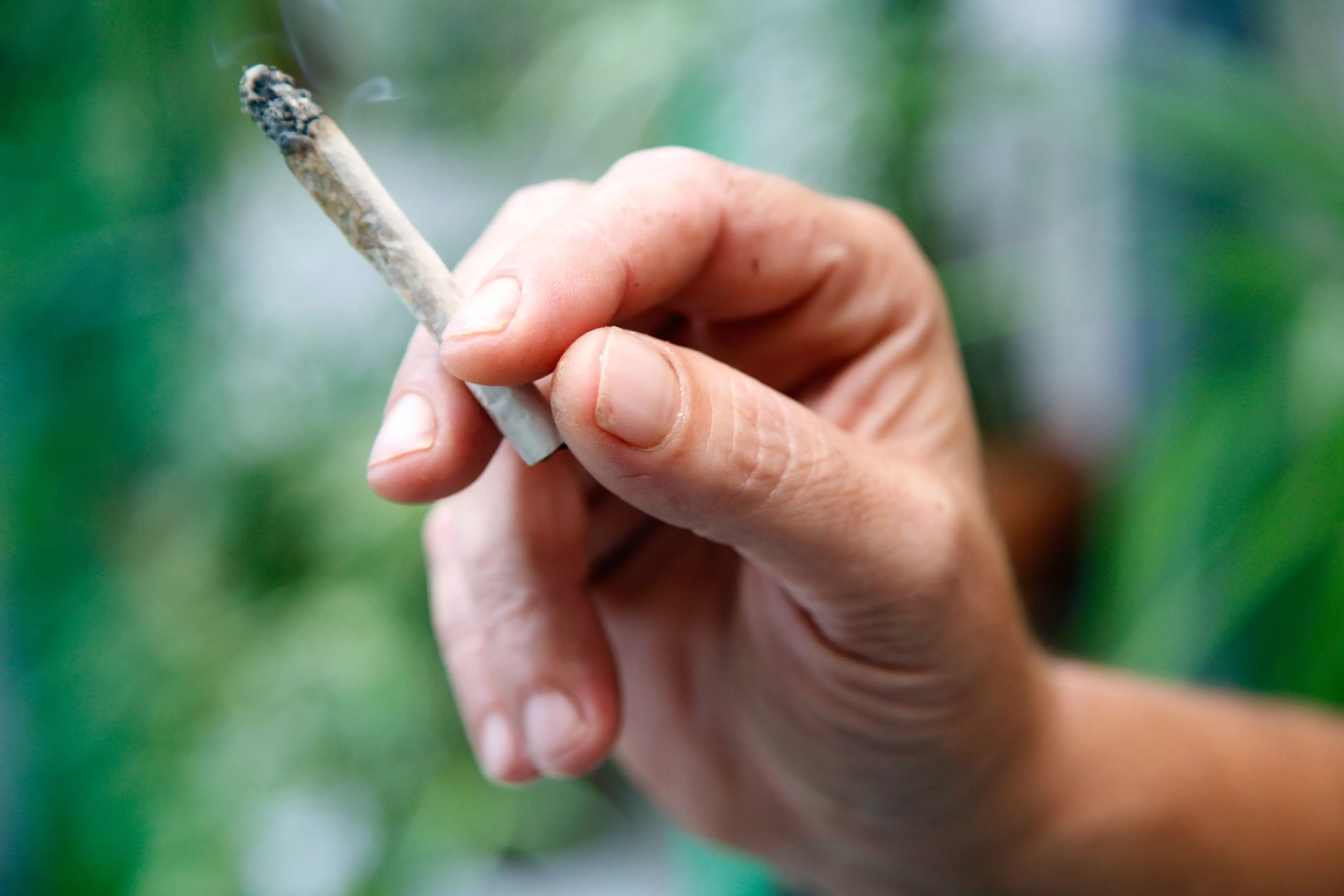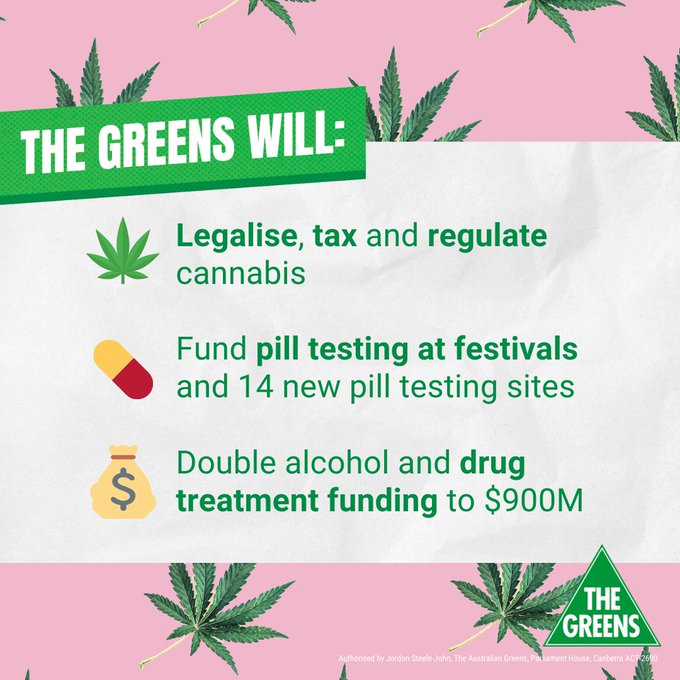
Public support for the legalisation of marijuana has doubled since 2013 in Australia, according to new analysis.
Using data from the National Drug Strategy Household Survey, researchers revealed 41.1 per cent of Australians thought the drug should be legalised in 2019, compared to 25.5 per cent in 2013.
The analysis also found an increase in the number of Australians that supported the legalisation of cocaine and ecstasy.
Support of cannabis skewed male, and researchers also found younger people, non-married people and people with tertiary education were more likely to believe the drug should be legalised.
Advert
Support for the legalisation of cannabis was much higher than other drugs, with ecstasy at 9.5 per cent and cocaine sitting at 8.1 per cent.
Ecstasy support rose 34 per cent between 2013 and 2019, while cocaine support increased 33 per cent.
Neither heroin nor methamphetamines saw any increase in approval, with the report correlating this to the fact people consider them more harmful drugs than cannabis, ecstasy and cocaine.
Over time, Australians have also become less supportive of penalties for all drug use, including cannabis, cocaine, ecstasy, heroin and methamphetamines.
Advert
There has been an increase in support for education and treatment over prison, high fines and other punitive measures.

Don Weatherburn, a professor at the University of NSW's National Drug and Alcohol Research Centre and a co-author of the analysis, believes the increased support for cannabis may be related to a rise in the use of the drug.
He told The Guardian that a 5 per cent rise in respondents who said they had used cannabis over the last 20 years may be a driver behind changing attitudes.
Advert
"It's gradually become more prevalent, probably because the law has become less draconian," Weatherburn said.
"Most states now have some form of cannabis cautioning scheme, which makes the drug somewhat less stigmatised than it had been back in the 80s and 90s."
He also said people who have previously tried the drug may now be in positions of authority or government and are reconsidering regulations because of this.
Advert
Weatherburn said people may have come to realise that existing drug punishments are very severe, or that alternatives including education have been established as more successful options.
As of 2019, 36 per cent of Australians over the age of 14 had used cannabis, 11.6 per cent had used it in the last 12 months, and the majority now support use not being a criminal offence.
Cannabis can be grown for medical and scientific purposes, but cannot be grown for personal use.
Advert
The ACT legalised growth and possession of small amounts of cannabis in 2020, but this law conflicts with federal regulations and the supply of cannabis and cannabis seeds is still illegal.
Featured Image Credit: travelib prime / Alamy Stock Photo